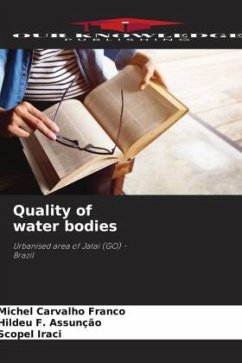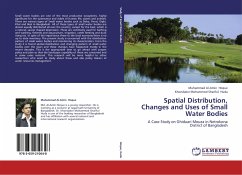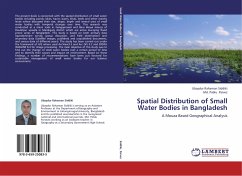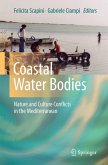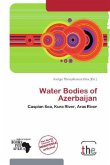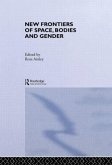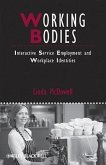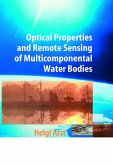The anthropogenic activities carried out in the municipality of Jataí alter the water quality of the rivers that pass through the urbanised area due to the discharge of treated or in natura sewage, urban drainage, solid waste and even natural processes. Against this backdrop, the water quality of the Claro River, the Queixada Stream and the Jataí Stream was checked using the Water Quality Index (CETESB IQA) verification method. The indices found at the ten collection points studied, in four collection campaigns, were classified as "good", "regular" and "average" water quality. It was also found that the quality parameters BOD (Biochemical Oxygen Demand), Faecal Coliforms, pH and Turbidity did not meet the limits established for Class 2 watercourses in CONAMA Resolution 357/2005 (BRASIL, 2005). In addition, most of the original vegetation in the Permanent Preservation Areas (PPAs) of the urban rivers studied has been eliminated and/or replaced by buildings or by some kind of occupation or anthropic use.
Bitte wählen Sie Ihr Anliegen aus.
Rechnungen
Retourenschein anfordern
Bestellstatus
Storno

